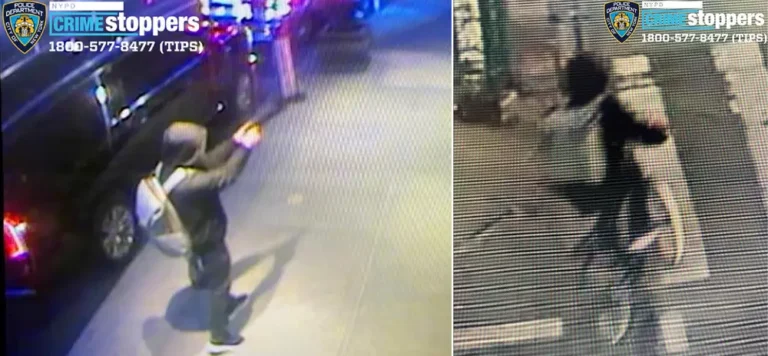A thoughtful teacher helped my twin and me after I hesitantly told her we were late to school because we were homeless

A teacher helps her students work on an assignment.
This as-told-to essay is based on a conversation with Dina Winter-Robinson, 51, a school kitchen worker from New York City. It has been edited for length and clarity.
Many people don’t know how impactful they are unless you actually tell them. Sometimes they don’t even have a clue.
I suspect my 8th grade science teacher, Mrs. Falcoff, never knew what a gift she gave to me — a desperately shy teen who barely spoke at school — by making me feel heard.
My twin sister, Gina, and I lived in the Bronx with our mother, a single mom, and one of our two older brothers. We had a nice apartment owned by a private landlord and everything was fine — until it wasn’t.
I felt ashamed and told nobody
The landlord raised our rent, and Mom, a nursing assistant, couldn’t afford it. As a result, we had to leave. My mom moved into a temporary place with her then-boyfriend, and my brother stayed with the family of his best friend.
Meanwhile, Gina and I were sent to live with Mom’s sister, Auntie Marjorie, who lived in an apartment in Brooklyn with her two sons and daughter.
We loved our relatives, but it was a strain at times. The apartment had two bedrooms, and all five of us kids shared a room. Still, the most challenging part was getting to our middle school in the Bronx in the morning.
We took two trains, which was new to us because we hadn’t been on the subway before. It was the mid-80s when people thought the New York City transit system wasn’t safe. But I was more worried about getting to class on time.
It often took us an hour to get there. We’d miss the start of the first period, usually science, and I’d shuffle into the classroom with my head down, hoping nobody would notice.
My teacher helped us
I was embarrassed about our situation. I was also concerned that if anyone found out, they’d ask questions. I was terrified the authorities would get involved, and our family might be investigated and separated for good.
Gina kept our secret but there was a constant fear we’d be found out.

Dina Winter-Robinson will always be grateful to her 8th-grade teacher.
Meanwhile, Mrs. Falcoff was my favorite teacher. She was strict but fair, and the other kids respected her, too.
Even though I admired Mrs. Falcoff, my shyness meant I hardly spoke to her. Although I was academically strong, I hardly ever raised my hand to answer questions.
Then, one morning, while the other kids were leaving the classroom, she called me over. “What’s going on, Dina?” she asked. “Why are you and your sister always late for school?” I was nervous, but I trusted her. “Gina and I are homeless,” I said. I told her how we were not living on the streets, but it was hard because of the travel time to get to school.
She looked a bit shocked, but her voice was reassuring. I explained how we’d moved in with Auntie Marjorie and didn’t know for how long. I said we were safe. “Could your mom call or write me a letter to confirm things?” she said. I felt seen and heard at last.
I’ll never forget Mrs. Falcoff
Mom wrote the letter, which I gave to Mrs. Falcoff the next day. She must have had to tell the principal, but there were no repercussions. We did our best not to be late to school anymore, but we didn’t get into trouble if we were.
Everybody pulled together to make things work, but Auntie Marjorie’s apartment was crowded. There wasn’t much privacy which was hard when you’re a 13-year-old girl. To our relief, after seven months, Mom had saved enough to rent a new place in the Bronx.
It was great to be reunited. I spent the rest of my teenage years feeling happier and more settled.
I’ve never forgotten Mrs. Falcoff and the important part she played in my life. I often think of her and how much she’d listened to me and gone out of her way to care.






